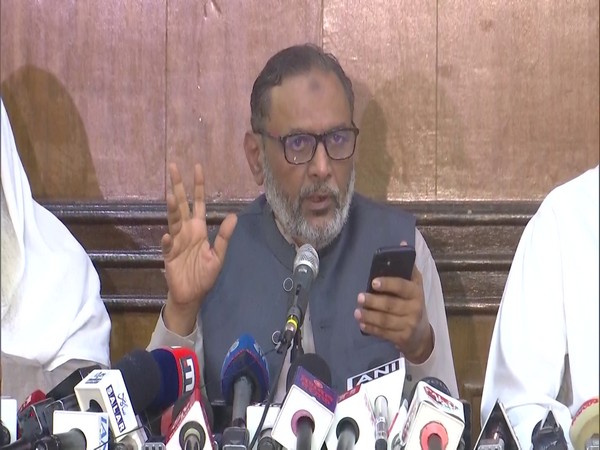All India Muslim Personal Law Board to Challenge Supreme Court Verdict and Uniform Civil Code in Uttarakhand
The All India Muslim Personal Law Board plans to challenge the Supreme Court verdict allowing divorced Muslim women maintenance post 'Iddat' and the Uniform Civil Code in Uttarakhand. The board's spokesperson announced eight resolutions covering multiple critical issues including mob lynching, religious disputes and the Palestine-Israel conflict.

- Country:
- India
The All India Muslim Personal Law Board announced on Sunday its intention to challenge the Supreme Court's recent verdict allowing divorced Muslim women to claim maintenance after the period of 'Iddat.' The board also plans to contest the Uniform Civil Code (UCC) law recently passed in Uttarakhand in the courts. These decisions were made during the board's working committee meeting held today, as confirmed by the spokesperson, Syed Qasim Rasool Ilyas.
Ilyas revealed that eight resolutions were approved in the meeting. 'The first resolution concerns the Supreme Court's recent judgment, which contradicts Sharia law. Marriage in Islam is seen as a sacred bond, and the religion strives to avoid divorce. Although the Supreme Court's decision aims to benefit women, it may create issues for them in marital relationships. We will consult our legal committee on steps to overturn this ruling,' Ilyas explained.
On July 10, the Supreme Court declared that Section 125 of the Code of Criminal Procedure (CrPC) applies to all married women, including Muslims. The justices emphasized that Indian men must recognize the role of homemakers by providing financial support, including joint accounts and ATMs.
Concerning the UCC, Ilyas stated, 'Diversity is our country's identity, protected by our Constitution. The UCC aims to erase this diversity, challenging both constitutional and religious freedoms. Our legal committee is preparing to challenge the UCC law enacted in Uttarakhand.'
He also mentioned the disputes under the Worship Places Act of 1991 and the ongoing religious tension. 'Despite hopes that the Babri Masjid incident would be the last religious dispute, new conflicts keep arising. We urge the Supreme Court to address these under the Worship Places Act,' he added.
Ilyas also pointed to a rise in mob lynching cases, despite election results showing a public vote against hatred. He noted, 'There have been 11-12 cases of mob lynching following the elections. This barbaric act defies the rule of law.'
Lastly, addressing the Palestine-Israel conflict, Ilyas urged the Indian government to sever strategic ties with Israel and push for a ceasefire. 'Our support for the two-nation theory remains unchanged. Israel's illegal occupation must end. The board condemns the inadequate response from Muslim countries and calls on our government to intervene as it did in the Russia-Ukraine war,' he concluded.
(With inputs from agencies.)
ALSO READ
Cyberattack Cripples Uttarakhand's IT Infrastructure
Rescue Mission for Stranded Mountaineers in Uttarakhand
Empowering Women & Preserving Heritage: Uttarakhand's Bold Vision
CM Dhami Commits to Educational Empowerment in Uttarakhand
Urgent Response to Cyber Threat: Uttarakhand Boosts Cybersecurity Measures










